The genetic mutation that drives evolution is random. But here’s a list of some beneficial mutations that are known to exist in human beings.


The genetic mutation that drives evolution is random. But here’s a list of some beneficial mutations that are known to exist in human beings.
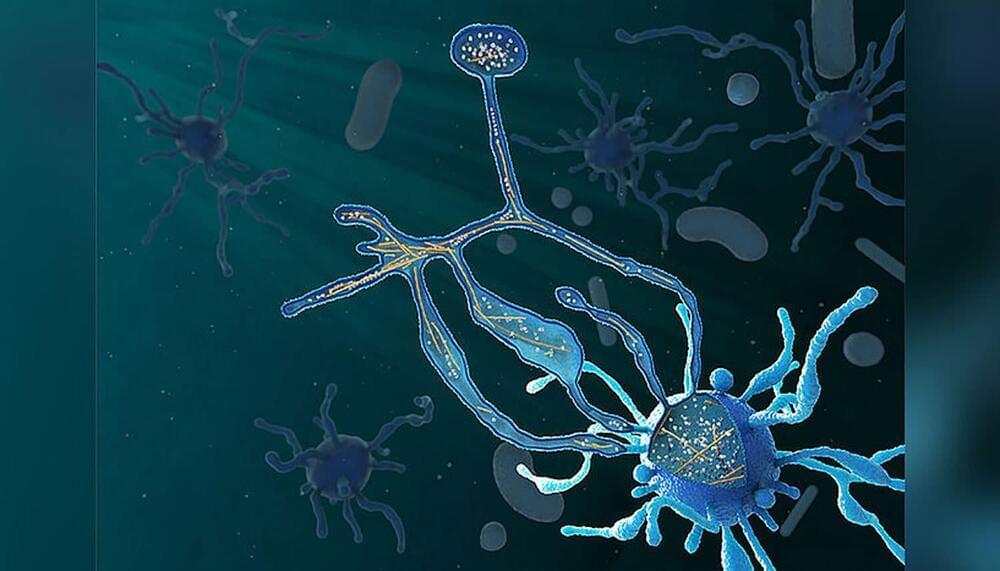
The Asgard archaea are thought to be the eukaryotes’ nearest living relatives. In their genomes, numerous eukaryotic signature proteins (ESPs) have sparked theories about how eukaryotic cells evolved. Although never proven, ESPs may play a part in developing intricate cytoskeletons and complicated cellular structures.
A collaboration between the working groups of Christa Schleper at the University of Vienna and Martin Pilhofer at ETH Zurich – shed light on the origin of the complex organisms on Earth. Scientists have successfully cultivated a special archaeon and characterized it more precisely using microscopic methods. This Asgard archaea member demonstrates distinct cellular traits and might serve as an evolutionary “missing link” to more complex living forms like mammals and plants.
Most current theories presuppose that archaea and bacteria were crucial in the development of eukaryotes. It is thought that a close relationship between archaea and bacteria about two billion years ago led to the evolution of the first eukaryotic primordial cell. On 2015, the so-called “Asgard archaea,” which in the tree of life represent the closest ancestors of eukaryotes, were found through genomic analyses of deep-sea environmental samples. A Japanese study revealed the first pictures of Asgard cells in 2020 using enrichment cultures.
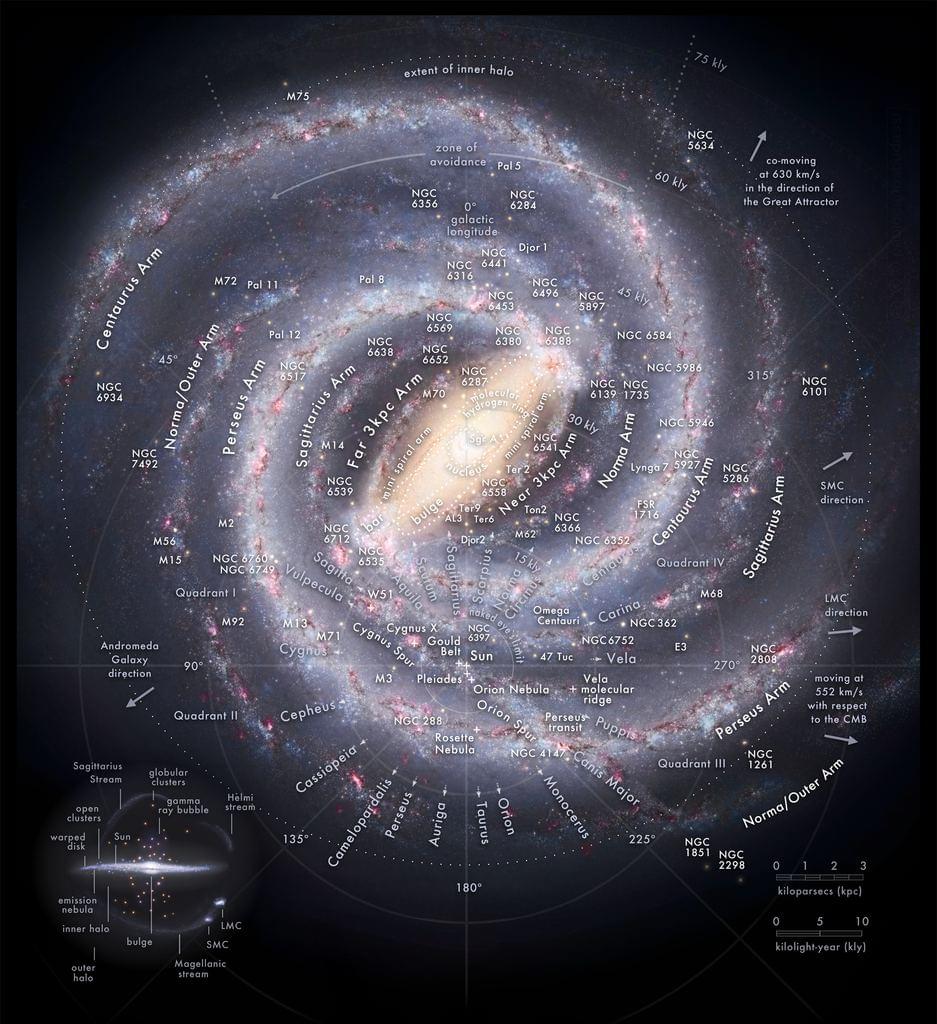
Studying the large-scale structure of our galaxy isn’t easy. We don’t have a clear view of the Milky Way’s shape and features like we do of other galaxies, largely because we live within it. But we do have some advantages. From within, we’re able to carry out close-up surveys of the Milky Way’s stellar population and its chemical compositions. That gives researchers the tools they need to compare our own galaxy to the many millions of others in the Universe.
This week, an international team of researchers from the USA, UK, and Chile released a paper that does just that. They dug through a catalogue of ten thousand galaxies produced by the Sloan Digital Sky Survey, searching for galaxies with similar attributes to our own.
They discovered that the Milky Way has twins – many of them – but just as many that are only superficially similar, with fundamental differences buried in the data. What they discovered has implications for the future evolution of our own galaxy.
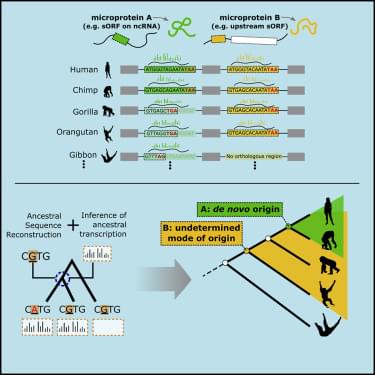
Human microproteins encoded by small ORFs have been found to be functional. By comparing the corresponding sequences across vertebrate genomes, Vakirlis et al. show that a number of these originated “from scratch” from noncoding sequences, including two very recent cases unique to humans. These cases demonstrate the rapid evolution of genetic novelty.
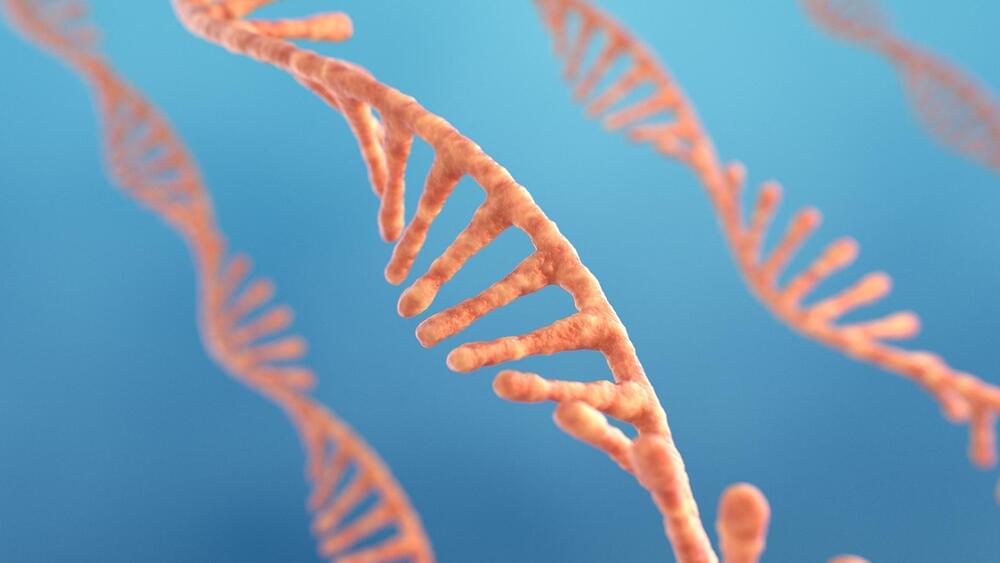
“This concept that cells ‘fight back’ against modified RNA is of practical importance, as it suggests how one might improve the effectiveness of RNA therapy.”
Researchers from the Smidt Heart Institute have unveiled a novel concept — they harnessed modified messenger RNA (mRNA) technology used in creating the Pfizer and Moderna Covid-19 vaccines, which can be a significant step in the evolution and creation of biological pacemakers.
Luismmolina/iStock.
The investigators identified how biological pacemaker cells could “fight back” against therapies to biologically correct abnormal heartbeat rates. They’ve also found a new way to “boost the effectiveness” of RNA therapies by controlling the “fighting back” activity, they said in a release.
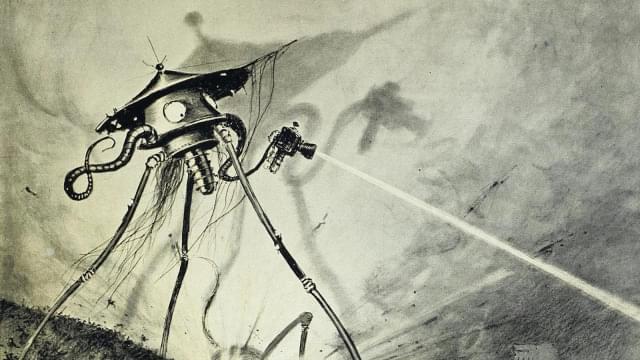
How ethical would aliens be?
Ethics derived from biological evolution can be harsh — parasitism, invasiveness, and survival at all costs. Ethics derived from human culture is far more benevolent. Would alien ethics be based more on biology or culture? Let’s hope the latter.
Posted on big think, direct weblink at.
Posted on Big Think.
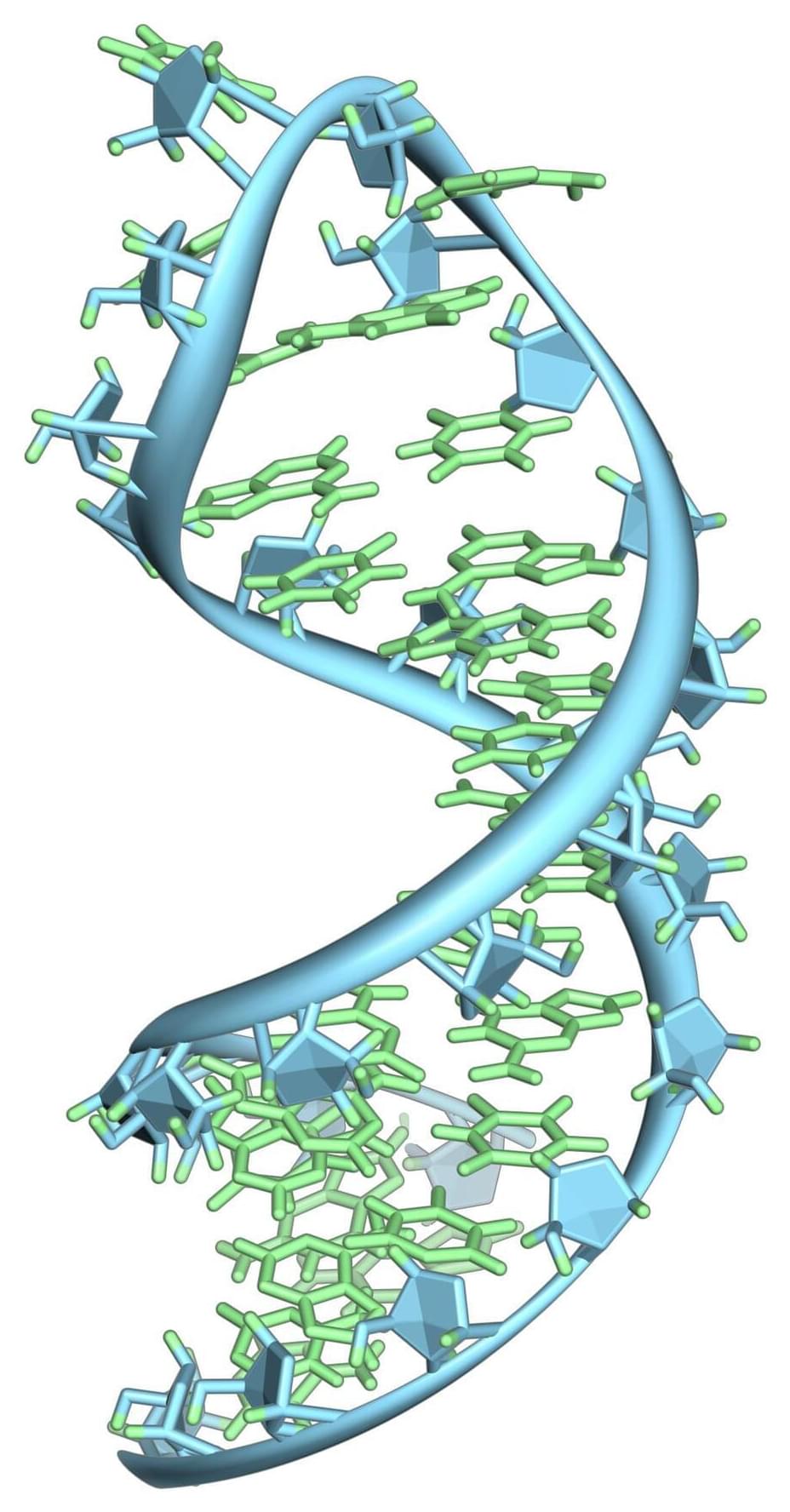
Investigators from the Smidt Heart Institute at Cedars-Sinai have identified how biological pacemaker cells—cells that control your heartbeat—can “fight back” against therapies to biologically correct abnormal heartbeat rates. The research also uncovered a new way to boost the effectiveness of RNA therapies by controlling this “fighting back” activity.
This novel concept, published today in the peer-reviewed journal Cell Reports Medicine, is an important step in the evolution and creation of biological pacemakers—which aim to one day replace traditional, electronic pacemakers.
“We are all born with a specialized group of heart cells that set the pace for our heartbeats,” said Eugenio Cingolani, MD, senior author of the study and director of the Cardiogenetics Program in the Smidt Heart Institute at Cedars-Sinai. “But in some people, this natural heartbeat is too slow, leading to the need for an electronic pacemaker.”
Start listening with a 30-day Audible trial and your first audiobook plus two Audible Originals are free. Visit.
http://www.audible.com/isaac or text “ISAAC” to 500–500.
The Fermi Paradox ask us how in a Universe so vast and ancient we seem to be the only intelligent civilization around, with no older interstellar alien empires visible in the galaxy. But could extinction play a role in that, or might extinction events instead drive evolution forward?
Visit our Website: http://www.isaacarthur.net.
Support us on Patreon: https://www.patreon.com/IsaacArthur.
SFIA Merchandise available: https://www.signil.com/sfia/
Social Media:
Facebook Group: https://www.facebook.com/groups/1583992725237264/
Reddit: https://www.reddit.com/r/IsaacArthur/
Twitter: https://twitter.com/Isaac_A_Arthur on Twitter and RT our future content.
SFIA Discord Server: https://discord.gg/53GAShE
Listen or Download the audio of this episode from Soundcloud: Episode’s Audio-only version: https://soundcloud.com/isaac-arthur-148927746/the-fermi-paradox-extinction.
Episode’s Narration-only version: https://soundcloud.com/isaac-arthur-148927746/the-fermi-para…ation-only.
Credits:
The Fermi Paradox: Exctinction.
Episode 204, Season 5 E37
Written by:
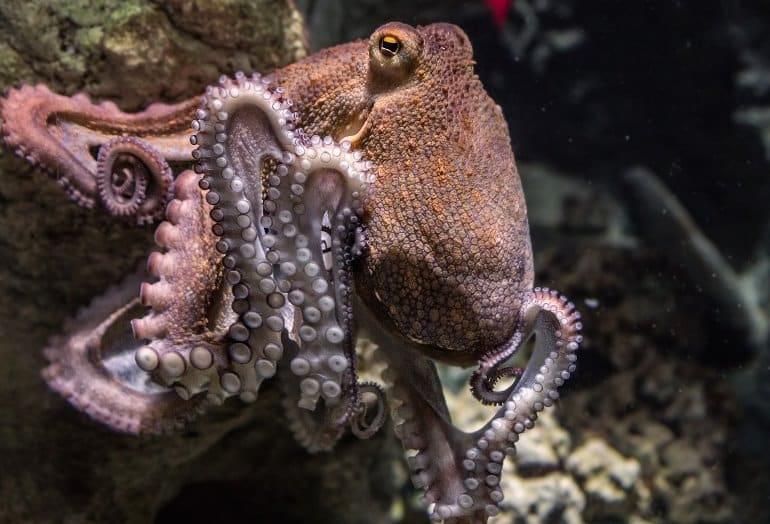
Summary: Findings support the theory that microRNAs are essential for the development and evolution of intelligent life.
Source: Dartmouth College.
Octopuses have captured the attention of scientists and the public with their remarkable intelligence, including the use of tools, engaging in creative play and problem-solving, and even escaping from aquariums.

If we re-ran Earth’s clock, would life arise again? Would another civilization eventually evolve? Astrobiology is faced with trying to contextualize our place in the Universe using just a single data point. But even a single data point contains information. The key to unlocking it is a careful understanding of the selection biases at play and intricacies of Bayesian statistics. Today, we’re thrilled to present to you our explainer video of a new research paper led by Prof David Kipping that provides a direct quantification of the odds of life and intelligence on Earth-like worlds, based on our own chronology. Presented & Written by Prof. David Kipping.
This video is based on research conducted at the Cool Worlds Lab at Columbia University, New York. You can now support our research program directly here: https://www.coolworldslab.com/support.
Previous episodes to catch up on:
► “Watching the End of the World”: https://youtu.be/p9e8qNNe3L0
► “Why We Could Be Alone”: https://youtu.be/PqEmYU8Y_rI
References:
► Kipping, D. 2020, “An Objective Bayesian Analysis of Life’s Early Start and Our Late Arrival”, PNAS: https://www.pnas.org/content/early/2020/05/12/1921655117
► Spiegel, D. & Turner, E., 2011, “Bayesian analysis of the astrobiological implications of life’s early emergence on Earth”, PNAS 109,395 https://arxiv.org/abs/1107.3835
► Carter, B. 2007, “Five or six step scenario for evolution?”, Int. J. Astrobiology 7,177 : https://arxiv.org/abs/0711.1985
► O’Malley-James, J. et al. 2013, “Swansong biospheres: refuges for life and novel microbial biospheres on terrestrial planets near the end of their habitable lifetimes” Int. J. Astrobiology 12, 99: https://arxiv.org/abs/1210.5721
► Bell, E. et al., 2015, “Potentially biogenic carbon preserved in a 4.1 billion-year-old zircon”, PNAS 112, 14518: https://www.pnas.org/content/112/47/14518
► Smith, H. & Szathmáry, E. 1995, “The Major Transitions in Evolution”, Oxford, England: Oxford University Press.
► Schopf, W. et al., 2018, “SIMS analyses of the oldest known assemblage of microfossils document their taxon-correlated carbon isotope compositions”, PNAS 115, 53: https://www.pnas.org/content/115/1/53
Video materials & graphics used:
► Berkeley Lab/Sloan Sky Digital Survey: https://youtu.be/08LBltePDZw.
► Life Beyond by melodysheep: https://youtu.be/SUelbSa-OkA
► K2-18b animation by ESA/Hubble, M. Kornmesser: https://www.spacetelescope.org/videos/heic1916b/
► Earth 4k by NASA/ESA/M.Kornmesser: https://www.eso.org/public/videos/earth_2015_4k/
https://youtu.be/VhowJ3OZ2BM
► Earth timelapse from NASA DSCOVR EPIC: https://epic.gsfc.nasa.gov.
► Animation of GJ1214b by ESO/L. Calçada: https://www.eso.org/public/videos/eso1047a/
► Roulette table by steveh552: https://youtu.be/7VtnB8tS2Ys.
► Sky timelapse by National Geographic: https://youtu.be/xTvvQ65jWVs.
► Milky Way animation by Stefan Payne-Wardenaar: https://vimeo.com/330625918
► Outro by Carl Sagan from his book Pale Blue Dot.
► Thumbnail image licensed through StockFresh.com, image #8872987 by RAStudio.
Movies/TV scenes used:
► Agora (2009)/Focus Features.
► The Martian (2015)/20th Century Fox.
► Noah (2014)/Paramount Pictures.